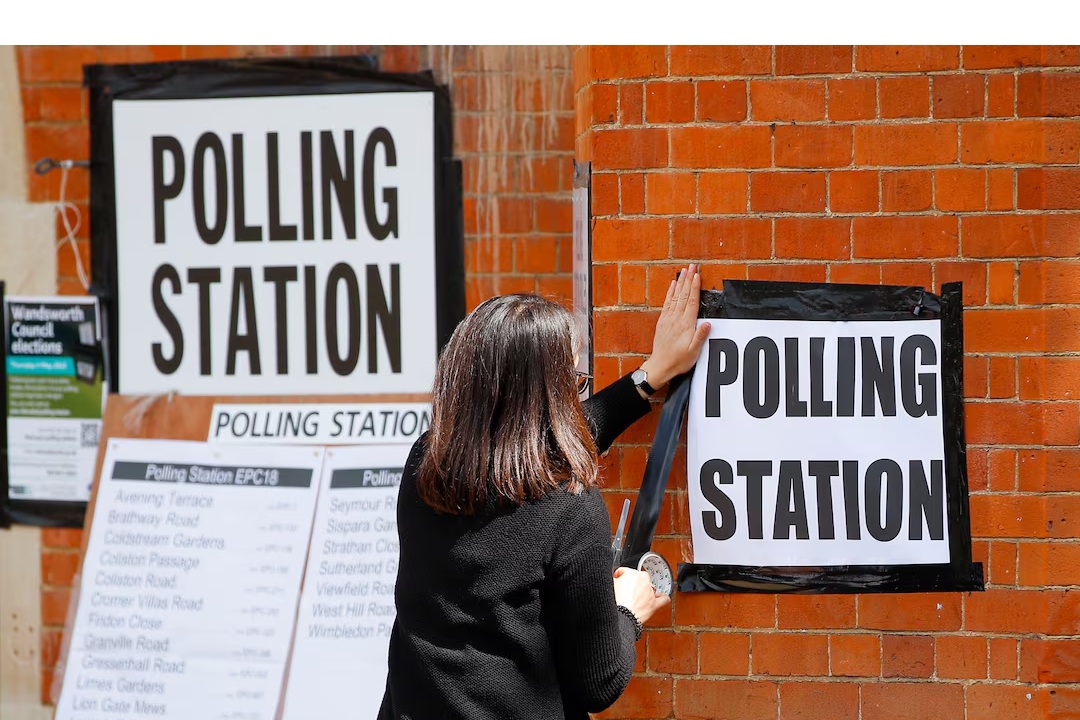News
UK Launches Historic Reform in Voting for General Elections

The United Kingdom is set to enact a major democratic reform: reducing the voting age to 16 for all general elections.
This change, already in practice for local and devolved elections in Scotland and Wales, will extend the right to vote to over 1.5 million 16- and 17-year-olds across the country.
This report explores the background, policy process, arguments for and against the reform, public and political reactions, and the likely impact on British democracy.
Background: History and Precedent
-
Current Franchise Laws
Until this reform, 18 has been the minimum voting age for general elections in the UK.
However, Scotland and Wales already allow 16- and 17-year-olds to participate in their respective parliamentary and local elections, a provision that has generated substantial data and debate.
-
Policy Commitment
The pledge to lower the UK’s general election voting age featured prominently in the Labour Party’s 2024 general election manifesto.
Labour argued this move would better engage young people and modernize the UK’s democracy.
-
International Examples
Several countries, including Austria, Brazil, and some German federal states, have enfranchised 16-year-olds and reported no negative effects on democratic outcomes.
Policy Process
-
Government Announcement
On July 17, 2025, the government announced its commitment to lower the voting age to 16 in time for the next general election. This fulfills Labour’s campaign promise and confirms the legislation’s inclusion on the government’s immediate agenda. -
Implementation
The planned change requires careful legislative work and collaboration with electoral authorities, devolved legislatures, schools, and civil society groups to ensure smooth registration and engagement.
Arguments Supporting the Reform
-
Democratic Inclusion
Advocates emphasize that 16- and 17-year-olds are affected by laws and have responsibilities, including work and tax obligations, so should have a say in choosing their representatives. -
Early Political Engagement
Evidence from Scotland’s independence referendum and routine elections shows 16- and 17-year-olds often have higher turnout rates than 18–24-year-olds, indicating strong potential for establishing lifelong voting habits. -
Educational Synergy
Lowering the voting age provides opportunities for schools to connect civics education directly to real participation, fostering an informed, active citizenry.
Arguments Against the Reform
-
Concerns About Maturity
Critics question whether 16- and 17-year-olds possess the experience and judgment needed for such decisions.
Surveys among this age group reveal mixed views, with only about half supporting a lowering of the voting age and some citing immaturity and lack of life experience.
-
Partisan Motivation
Some opponents argue that the bill could benefit parties that draw greater support from young voters, particularly Labour, and view the change as politically motivated. -
Public Skepticism
Polls show the wider public remains cautious, with many adults seeing the move as unnecessary or ill-advised.
Political and Public Reactions
-
Parliamentary Division
The Labour government and several other major parties support the reform, while the Conservative Party and Democratic Unionist Party remain staunchly opposed.
Critics argue the law could skew the electorate to the left, but proponents counter that broadening democratic participation is the overriding goal.
-
Young People’s Opinions
Discourse among young people is diverse: a recent poll found as many 16- and 17-year-olds opposed the change as supported it, but advocates point to high levels of engagement when given the vote in other contexts.
Expected Impact
-
No Radical Election Shift
Research from countries and UK regions where the franchise was lowered suggests the change does not affect election outcomes but does increase early participation and cultivate long-term citizen engagement. -
Democratic Renewal
Extending the vote is expected to make the UK’s electorate more representative and may help reverse declining youth turnout by cementing voting as a formative democratic practice.
Conclusion
The UK’s decision to lower the voting age to 16 marks a watershed moment in its democratic development.
While the policy has encountered skepticism and political contention, evidence from abroad and existing regional practice within the UK points to significant benefits for engagement and civic education.
As implementation proceeds and the next general election approaches, all eyes will be on how this generation of new voters shapes the future of British democracy.
For Diaspora Digital Media Updates click on Whatsapp, or Telegram. For eyewitness accounts/ reports/ articles, write to: citizenreports@diasporadigitalmedia.com. Follow us on X (Fomerly Twitter) or Facebook












